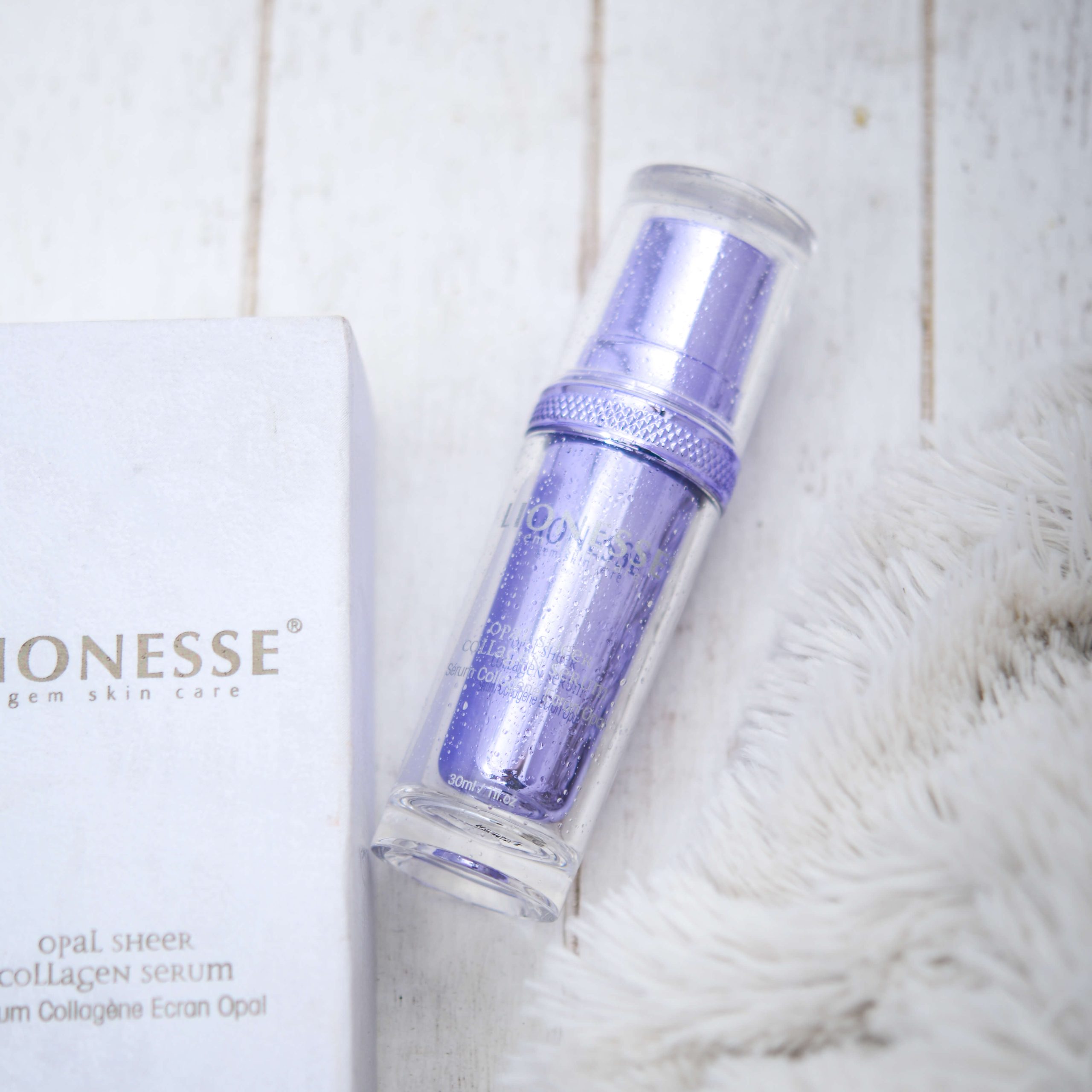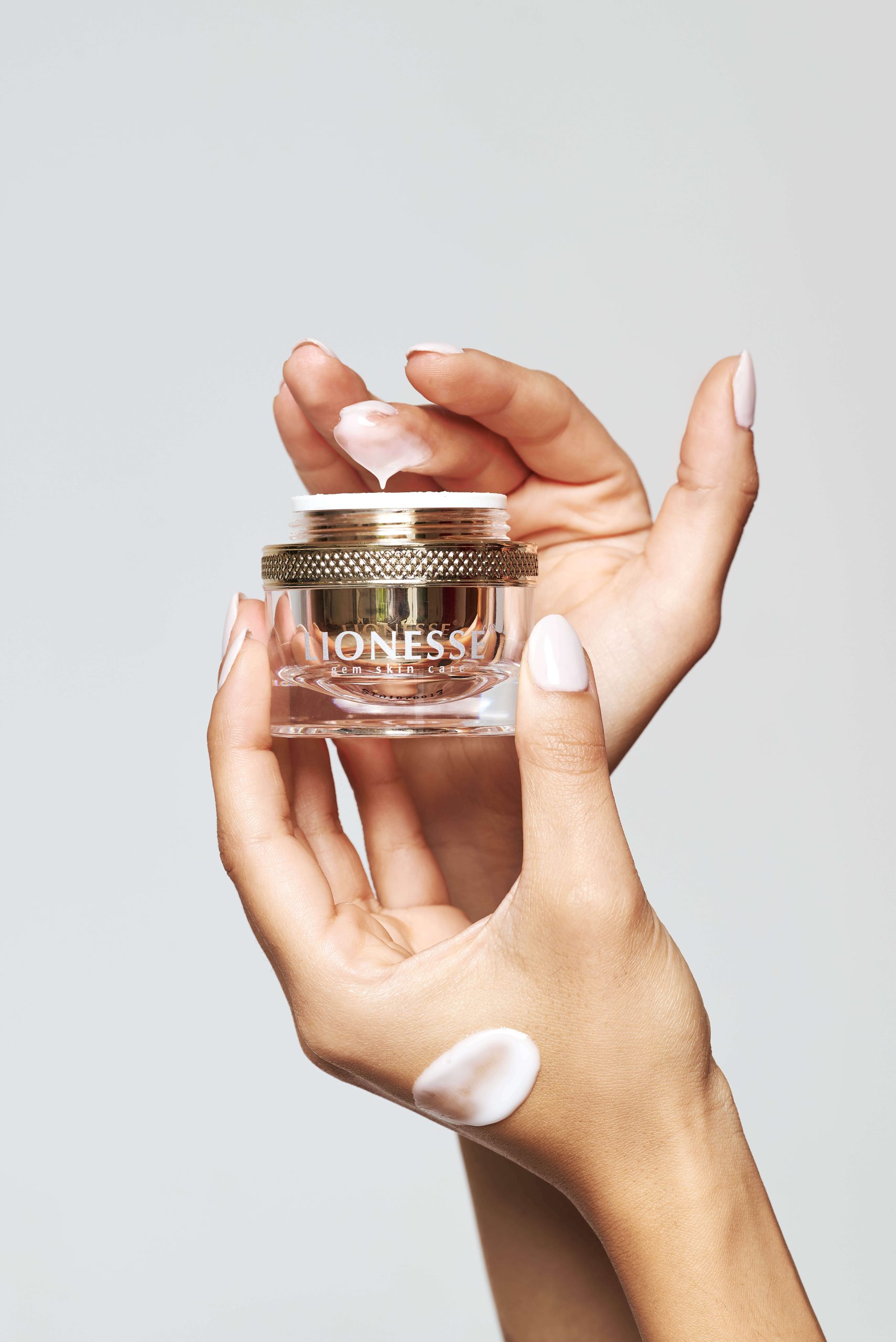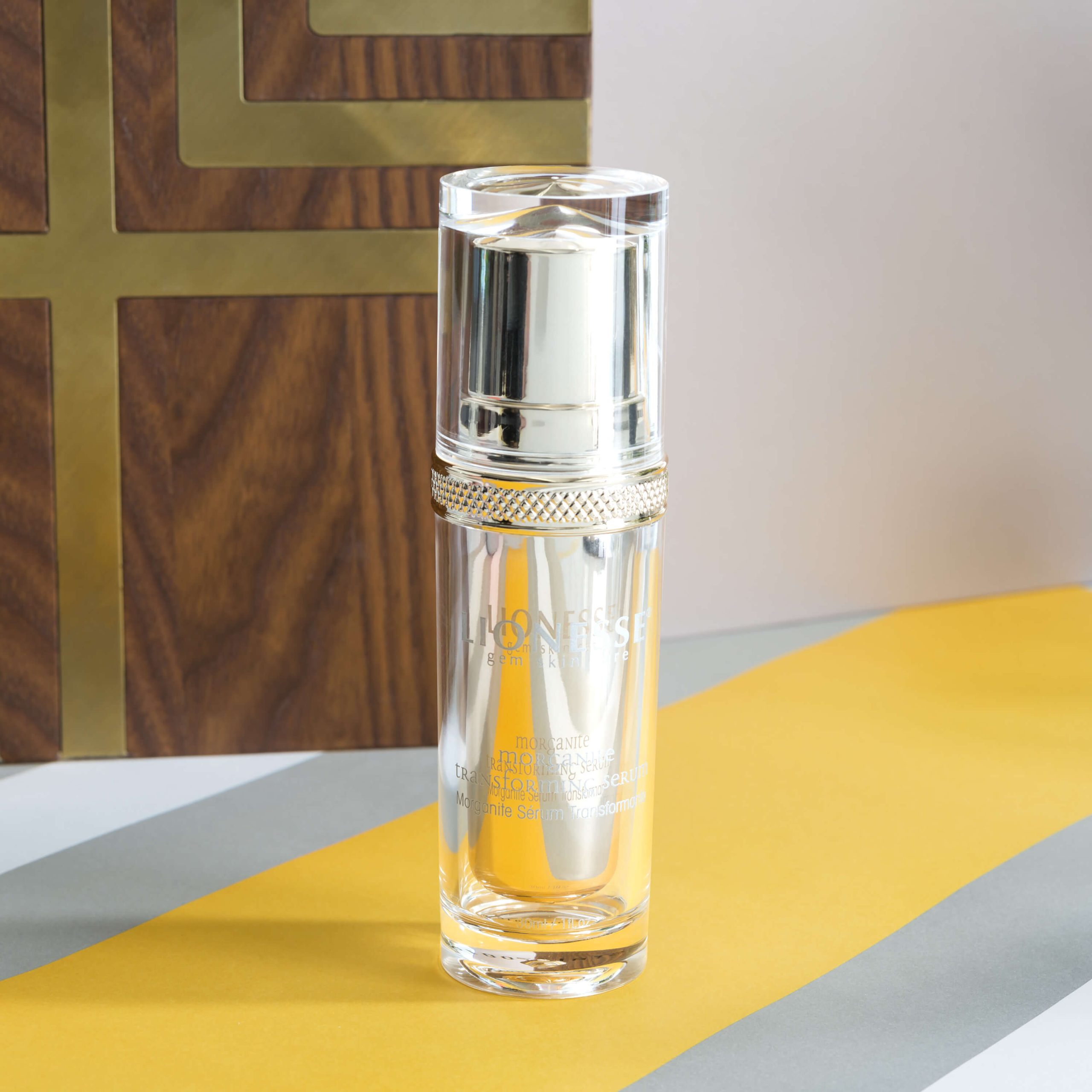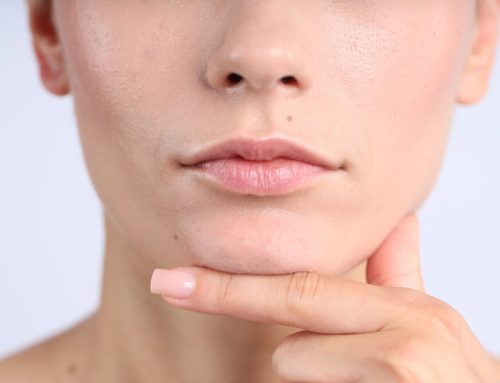While cooling down in air-conditioned environments may be a necessity for getting through the hotter months, there’s a good chance that you’ve also noticed the side effects of this. Parched lips, flaky skin, and dullness become the norm, especially if you regularly spend time in a room that’s air-conditioned to the max.
While these are definitely not ideal conditions for your skin, the good news is that you can counter the visible concerns that air conditioning can cause simply by adjusting your skincare routine. Keep reading as Lionesse talks through exactly what that air-conditioned air is doing to your skin, along with how you can help your skin to overcome those problems.
The Effects of Air Conditioning on Your Skin
Are you familiar with how AC units work? They cool the air by removing moisture, which leaves behind a very dry environment. The drier the air around your skin, the faster transepidermal water loss occurs. This is the rate at which moisture evaporates out of the skin and into the air. As a result, the more time you spend in a dry, air-conditioned environment, the drier and more dehydrated your skin will be.
This consistent moisture loss has a knock-on effect of weakening the skin barrier. This makes moisture retention even more of a struggle, creating a vicious cycle. Of course, a weakened skin barrier has other implications too, such as an increase in sensitivities and inflammation.
Some people also notice an increase in oil production after they’ve spent lots of time in an air-conditioned space. This is due to the skin trying to overcompensate for the dryness. Unfortunately, oil isn’t a good stand-in for water. Instead, all of that extra grease only leads to clogged pores and acne breakouts.
Interestingly, some types of air conditioning are worse for the skin than others. Those that are continuously cool, meaning that they keep recirculating the same indoor air, can restrict the skin’s access to oxygen. On top of everything else, this leaves the skin looking dull and lackluster.
What Can You Do About It?
Fortunately, there are several steps that you can take to counter the dehydration, barrier damage, and dullness that air-conditioning can cause:
Extra Hydration is a Must

Your first move should be to give your skin plenty of hydration. With air conditioning causing your skin to lose moisture at a much faster rate, replacing that moisture is essential if you want your skin cells to function in the way that they should.
The best way to do this topically is by layering a few hydrating products onto your skin. Each new layer that you apply will help to push the moisture from the previous layer in, ensuring that your skin feels deeply quenched.
Serums are useful for layering, so look for one or two hydrating formulas to add to your skincare routine. The Lionesse Opal Sheer Collagen Serum would be a great choice. This formula contains several humectants, which are ingredients that bind moisture to the skin. From sodium hyaluronate to collagen amino acids to lactic acid, it’s full of ingredients that will leave your skin feeling deeply hydrated.
Help Your Skin With Moisture Retention

Of course, even if you give your skin a couple of extra layers of hydration, spending a large amount of time in an air-conditioned space will mean that all of that moisture will eventually be sucked out of your skin. Sure, this will take longer than if you hadn’t given your skin that extra moisture. However, it will still happen, meaning that your skin will still likely be parched after a few hours.
This is why, in addition to hydration, you also need to focus on moisture retention. Often, a good moisturizer is all that’s needed for this. By forming a seal over the skin’s surface, a moisturizer can slow down transepidermal water loss, helping to keep that moisture locked in for longer.
The richer your moisturizer, the more effectively it will do this. While many avoid rich creams during the day, make an exception if you’re going to be spending several hours in an air-conditioned space. A formula like the Lionesse Diamond Neck & Face Lift Cream will trap moisture in without weighing your skin down. As a bonus, it also contains diamond powder, which will leave dull skin looking bright and glowy!
Focus on Your Skin Barrier

Using a good moisturizer that helps with moisture retention will go a long way in keeping your skin barrier feeling supported and intact. As we mentioned earlier, constant moisture loss weakens this barrier, so slowing that moisture loss down will turn things around.
However, with air conditioning taking such a toll on the skin barrier, there’s a good chance that your barrier would benefit from some extra TLC. How can you give it this? With the use of certain skincare ingredients.
Peptides, for example, are renowned for their barrier-loving properties. They’re highly studied ingredients, with research showing that they slow down moisture loss, leave the individual components of the skin barrier feeling stronger, and reduce the feeling of inflammation that inhibits barrier function. Adding peptides to your skincare routine with a product like the Lionesse Morganite Transforming Serum will do wonders for your skin barrier and, as a result, for your overall complexion as well.
Use a Humidifier at Home
As we mentioned earlier, air conditioners work by removing moisture from the air. It’s the dry air that’s left behind that causes many of the associated skin problems.
One way to counter this is by adding moisture back into the air. This is exactly what humidifiers are designed to do. While you may not be able to set one up in your air-conditioned office, sleeping next to a humidifier will help to prevent too much moisture from evaporating out of your skin overnight if your bedroom is air-conditioned.
The best humidity level for your skin is somewhere between 40-60%. Anything less than this, which is very common in an air-conditioned space, will start to cause issues for your skin.
Mist Your Skin Throughout the Day
If you spend long days in an air-conditioned environment, one way to keep your skin looking fresh and dewy is to mist it every couple of hours. Providing this extra layer of hydration will give your skin cells access to the moisture that they desperately need.
With that said, misting can sometimes do more harm than good. If you mist your face with water, it won’t be long before that water is pulled away from your skin by the dry air around you. Sadly, as it leaves, it will take some of your skin’s existing moisture reserves with it too. This can leave the skin feeling drier than if you hadn’t used a water mist.
The key is to pick a face mist that contains humectants. This will attract environmental moisture to your skin. Once you’ve misted your face, lock that moisture in with a face cream to ensure that it lasts for hours.
Avoid Direct Air Flow
While air-conditioned environments are generally detrimental to the skin, the effects of this become even more significant if you happen to be spending time directly under the airflow of an AC. Direct exposure to that cold, dry air means that your skin will lose moisture even faster.
While the skincare tips we’ve already shared will help to counter this, the best thing for your skin would be to move either yourself or the air flow of your air-conditioning unit. Reposition the vents to avoid direct exposure or, if this isn’t possible, find another way to block that air from directly hitting your skin.
Take Regular AC Breaks
While taking your skin back and forth between dry and humid environments isn’t ideal, giving your skin regular breaks from air conditioning is still better than exposing it to that cold, dry air for long periods of time. If you spend all day in an air-conditioned office, make an effort to spend your breaks outdoors. This way, your skin can have some time to recover from the dryness.
This is harder to do if you sleep in an air-conditioned bedroom. However, many find that they’re still able to enjoy comfort if they pre-cool their rooms before bedtime, and then swap their air-conditioning for a fan while they sleep.
Keep Your Air Conditioner Filters Clean
Air conditioning filters can get dirty pretty quickly. Why does this matter? Because all of the particles that end up trapped in those filters, from dust and allergens to bacteria and mold, end up recirculated back into the air-conditioned room. As you can imagine, being constantly exposed to these impurities can play havoc on the skin.
Maintaining clean filters helps to prevent those irritants from spreading around. Regularly clean and replace them as necessary. Be sure to use high-quality filters that are able to trap even the smallest of particles.
Temperature Control Makes a Difference
While you may be tempted to turn your AC down to its lowest temperature on a hot day, resist the urge! The temperature that you have your air-conditioning at makes a big difference to your skin.
When it comes down to it, the colder your air-conditioning, the drier the air around you will be. So, whenever possible, keep the temperature moderate rather than chilly. While it may take longer for you to cool down, the slight increase in humidity that this allows for will really help your complexion.
Summary
There’s no getting away from the fact that air-conditioned spaces spell bad news for your skin. Fortunately, there are several ways in which you can get around this. From making a few tweaks to your skincare routine to getting savvy when it comes to actually using an AC, our tips will help to ensure that your skin looks its best at all times, even when it’s spending many hours each day in an air-conditioned environment.
Click here to boost your complexion with more skincare bestsellers from Lionesse.









Leave A Comment